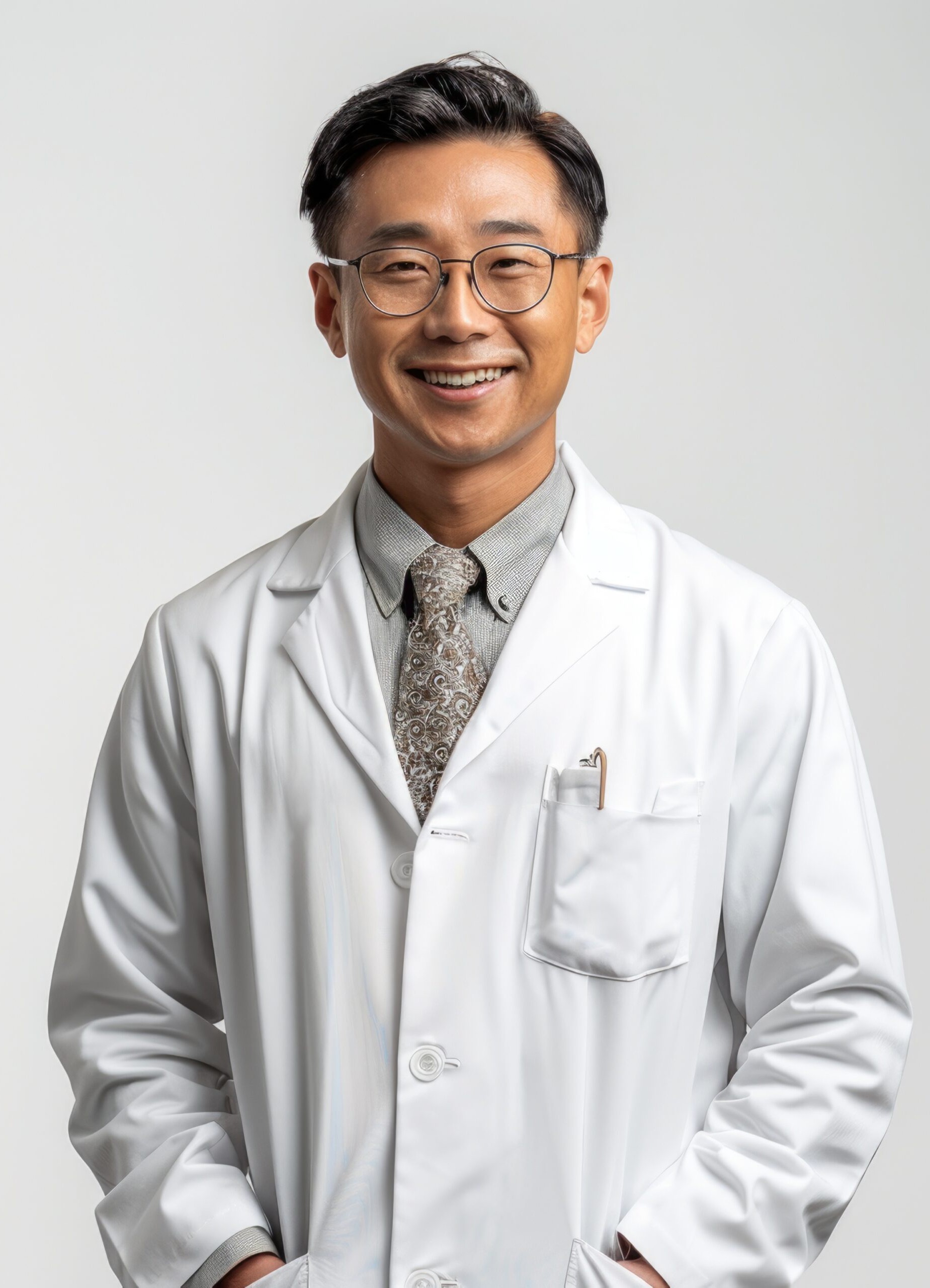Colon Cancer Screening in Louisiana
What is a colon cancer screening?
Colorectal cancer ranks as the third most commonly diagnosed cancer, yet it’s also one of the most preventable. The colon and rectum form the large intestine, which absorbs water and some nutrients from digested food while storing solid waste until it’s expelled from the body.
A colon cancer screening involves checking for polyps and cancerous growths on the inner wall of the colon and rectum, even when no gastrointestinal symptoms are present. Polyps are noncancerous growths in the colon, but some can turn cancerous over time. Detecting and removing colorectal polyps and malignant tumors early can prevent complications and fatalities associated with colon cancer.
The board-certified GI providers at GastroGroup & EndoCenter routinely perform colon cancer screenings and strongly recommend all patients undergo these screenings starting at age 45. To schedule a screening, please get in touch with a Louisiana office in your area.

What are the benefits of colon cancer screenings?
Regular screenings for colon and rectal cancer are crucial for your overall and gastrointestinal health. Although there are several screening methods, such as stool testing, a colonoscopy remains the only colorectal prevention strategy. The benefits of colorectal cancer screenings include:
- Colon cancer screenings can be life-saving exams
- Can detect colon or rectal cancer early on
- Identifies and removes polyps in the colon and rectum
- Can potentially prevent the development of colon cancer
- Can detect other gastrointestinal issues, such as inflammatory bowel disease
Colon cancer may not show signs or symptoms until it is advanced. Periodic screenings help your provider identify any concerns or conditions at the earliest possible stage.
What are the available colon cancer screening options?
Discussing when to get screened and which tests to choose with your GI provider is essential. Here are some common colon cancer screening options:
- Flexible sigmoidoscopy: This test uses a sigmoidoscope to examine the inside of the rectum and lower colon. A finger-sized tube with a camera at the end is inserted through the rectum, allowing providers to view the inner wall of the rectum and part of the colon on a monitor. It can also be used to biopsy or remove some polyps. However, a colonoscopy is needed to view the entire colon and remove all polyps or tumors. While generally safe, there is a small risk of bowel tear, bleeding, and infection.
- Colonoscopy: Similar to a sigmoidoscope but longer, a colonoscope examines the inner wall of the whole colon. Inserted through the rectum, it allows providers to see the entire colon on a monitor. Special tools can be passed through the colonoscope to take biopsies and remove polyps. Sedation is required, and there is a small risk of bowel tears, bleeding, or infection. It’s important to note that colonoscopy is the only colorectal prevention strategy offered.
- Virtual colonoscopy: This noninvasive test uses computed tomography (CT) scans to create cross-sectional images of the colon. The person lies on a CT scanner table, and no sedation is required. If abnormalities are detected, a colonoscopy is needed to remove any polyps or tumors.
- Double-contrast barium enema: A small tube is inserted into the rectum, and barium sulfate (a white chalky liquid) and air are pumped into the colon. The barium lines the outer walls of the colon, and x-ray images are taken to reveal abnormalities. If any issues are found, a colonoscopy is necessary to remove the polyps or tumors.
- Fecal tests: These safe tests analyze a stool sample to suggest gastrointestinal abnormalities, potentially warranting further tests. If results are positive, indicating possible cancerous growth, a colonoscopy is needed. There are three types of fecal tests:
- Fecal occult blood tests: Detect blood in the stool not visible to the naked eye through a chemical reaction.
- Fecal immunochemical tests: Identify blood through a specific immunochemical reaction to a protein in the blood, detecting hidden blood.
- Stool DNA tests: Look for abnormal DNA genes shed from cancerous growths or polyps in the stool sample.
Each screening option has its advantages and limitations. It’s crucial to consult your GI provider to determine the best screening method for you.
Who may be at risk for colorectal cancer?
Understanding your risk for colon cancer is crucial for early detection and prevention. Here are the key risk factors:
- Those over the age of 45
- Individuals with inherited familial adenomatous polyposis, which causes numerous polyps to develop in the colon and rectum
- People with a previous colon cancer diagnosis
- Individuals with a history of other cancers
- Those with family members who have or have had colon cancer
- Individuals with inflammatory bowel diseases
- Those with a sedentary lifestyle, poor eating habits, and smoking
Colon Cancer Screening FAQs
Why is colon cancer screenings important?
Cancer of the colon typically arises from irregular growths in the colon or rectum called polyps. During a colonoscopy, these precancerous polyps can be excised to help reduce the risk of and possibly even prevent the development of this cancer. Having regular colon cancer screenings may also help identify cancer that has already progressed. When colorectal cancer is found early on, it can be less complicated to treat.
At what age should I start having colon cancer screenings?
It is recommended that people with an average risk for colon cancer should start routine colon cancer screenings upon turning 45. Those at higher risk may require screenings before this age. Your GI provider can help you determine exactly when you should begin having colorectal cancer screenings.
How often should you have a screening for colon cancer?
The intervals at which adults should schedule colorectal cancer screenings typically depend on the procedure being performed. In most cases, people who are 45 years old and older should have a colonoscopy screening every ten years when they are at average risk for colon or rectal cancer and have normal colonoscopy results. Individuals who have a significantly high risk are advised to have colonoscopy screenings at least once every five years. For details on how often you should schedule a colon cancer screening, please get in touch with your gastrointestinal specialist.
How should I prep for my colon cancer screening?
The best way to prep for a colon cancer screening depends on the screening type being performed. When having a colonoscopy exam, your GI team will provide certain prep instructions before your appointment to clear out your colon. Your GI specialist may also give you special instructions to follow for several days prior to your exam. It is essential to abide by your doctor’s instructions to help make sure they can observe any concerns during your colorectal cancer screening.

